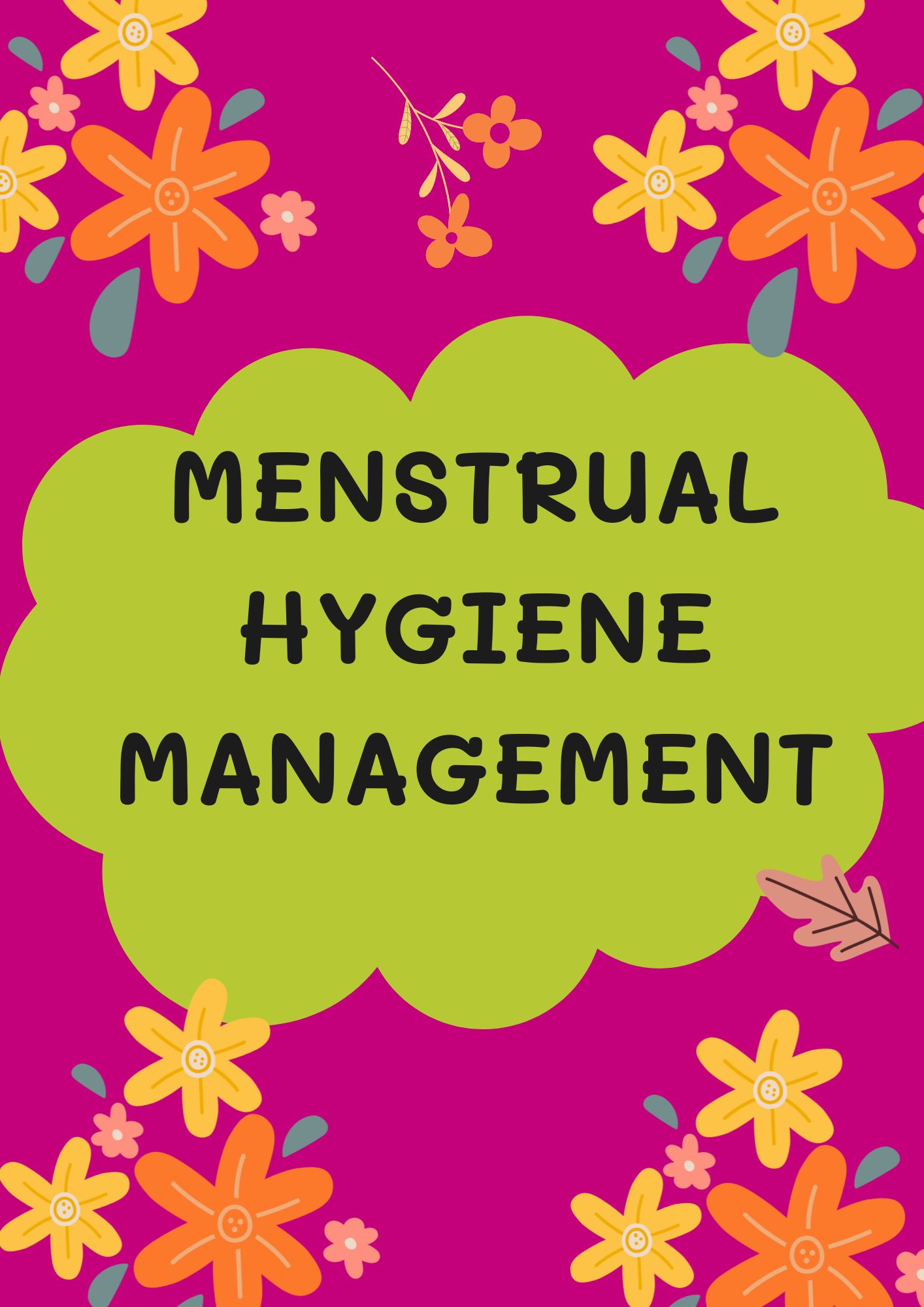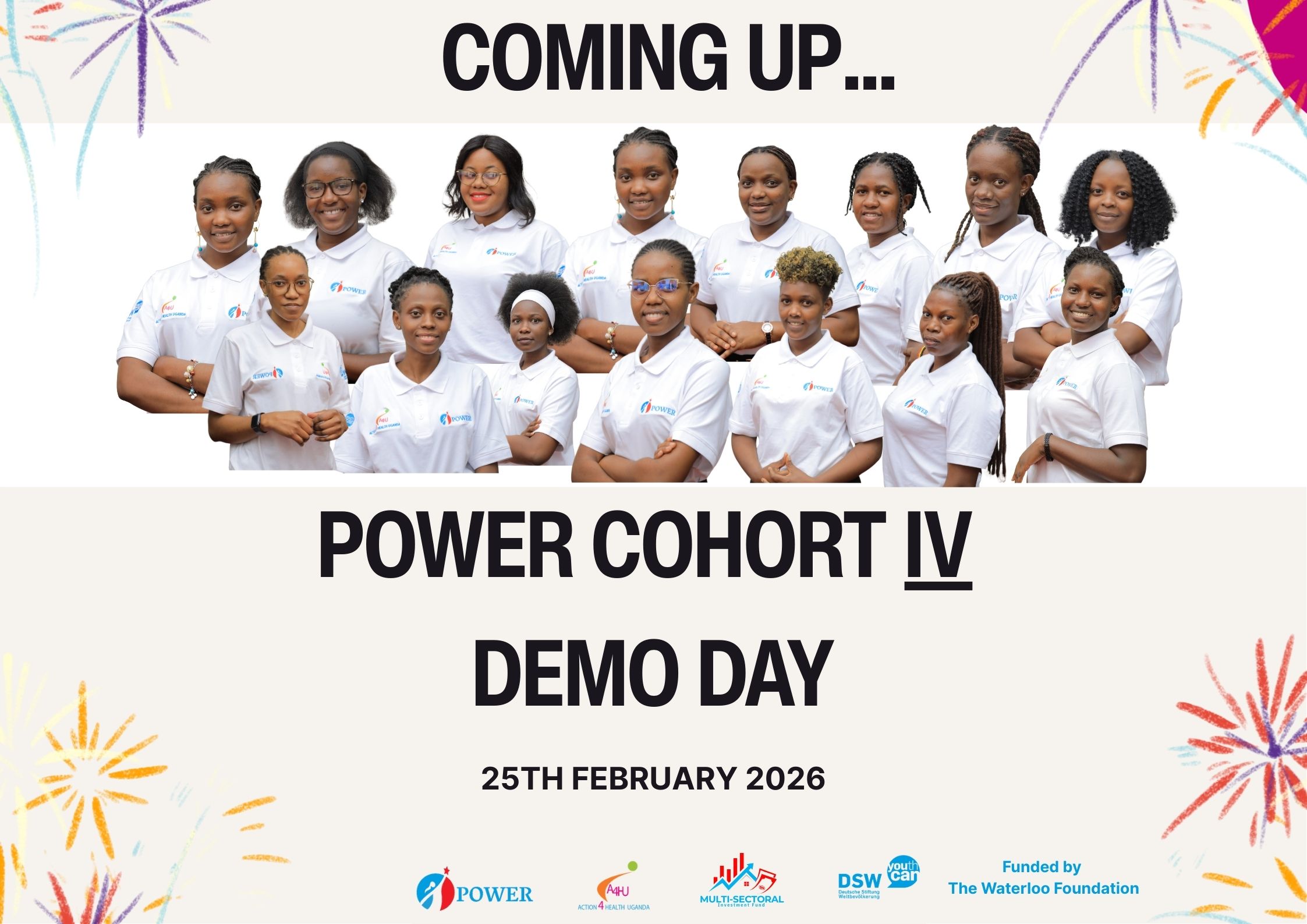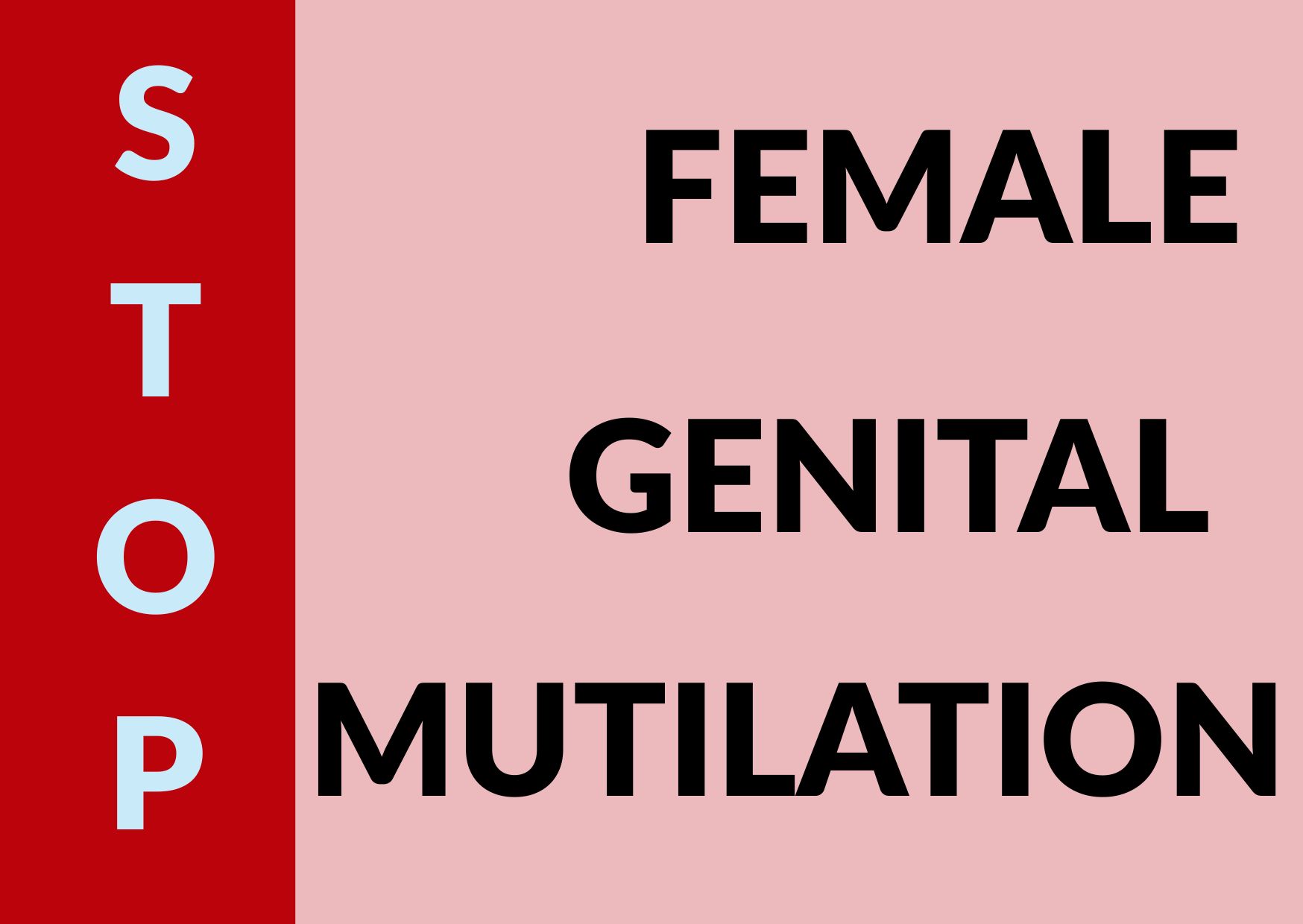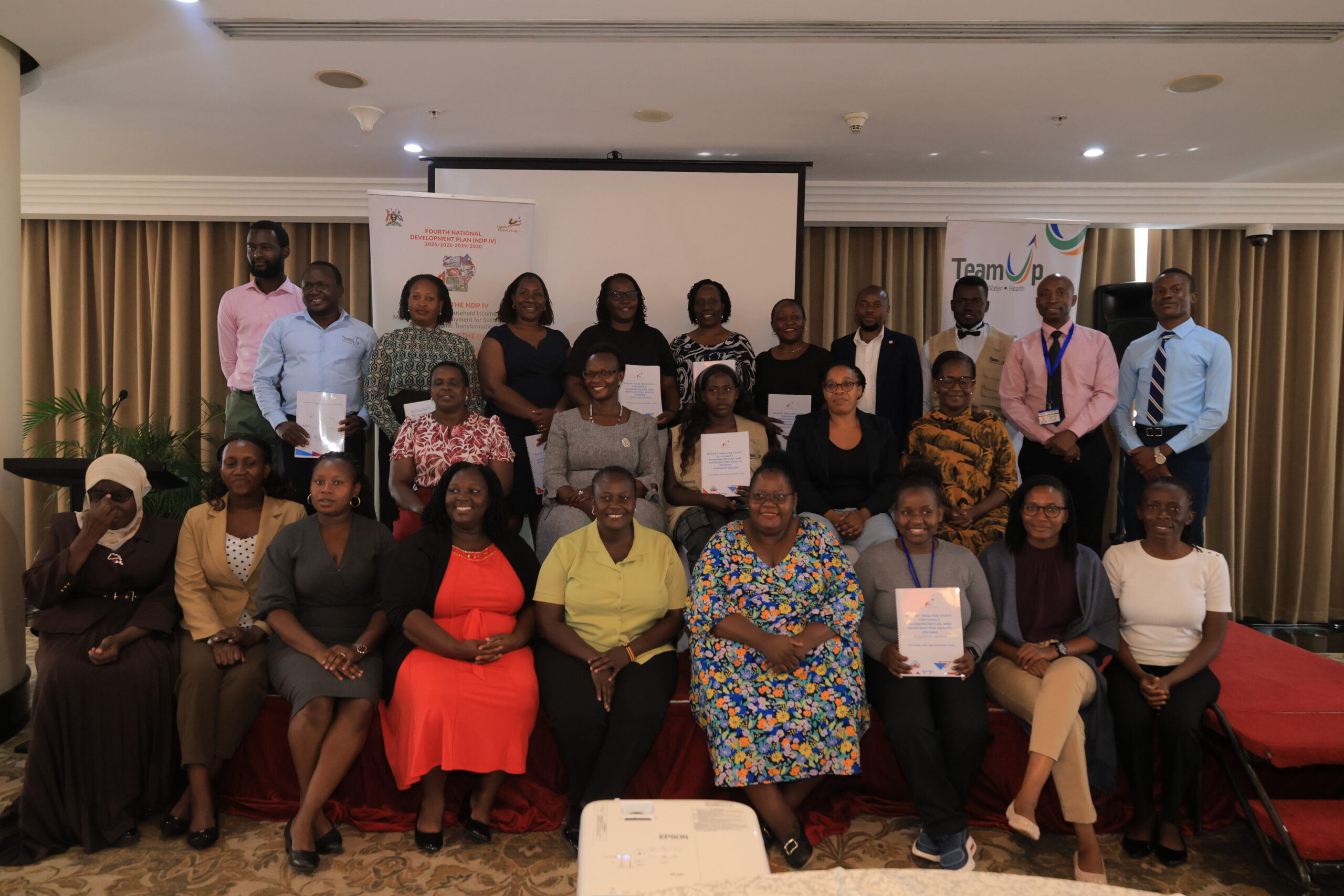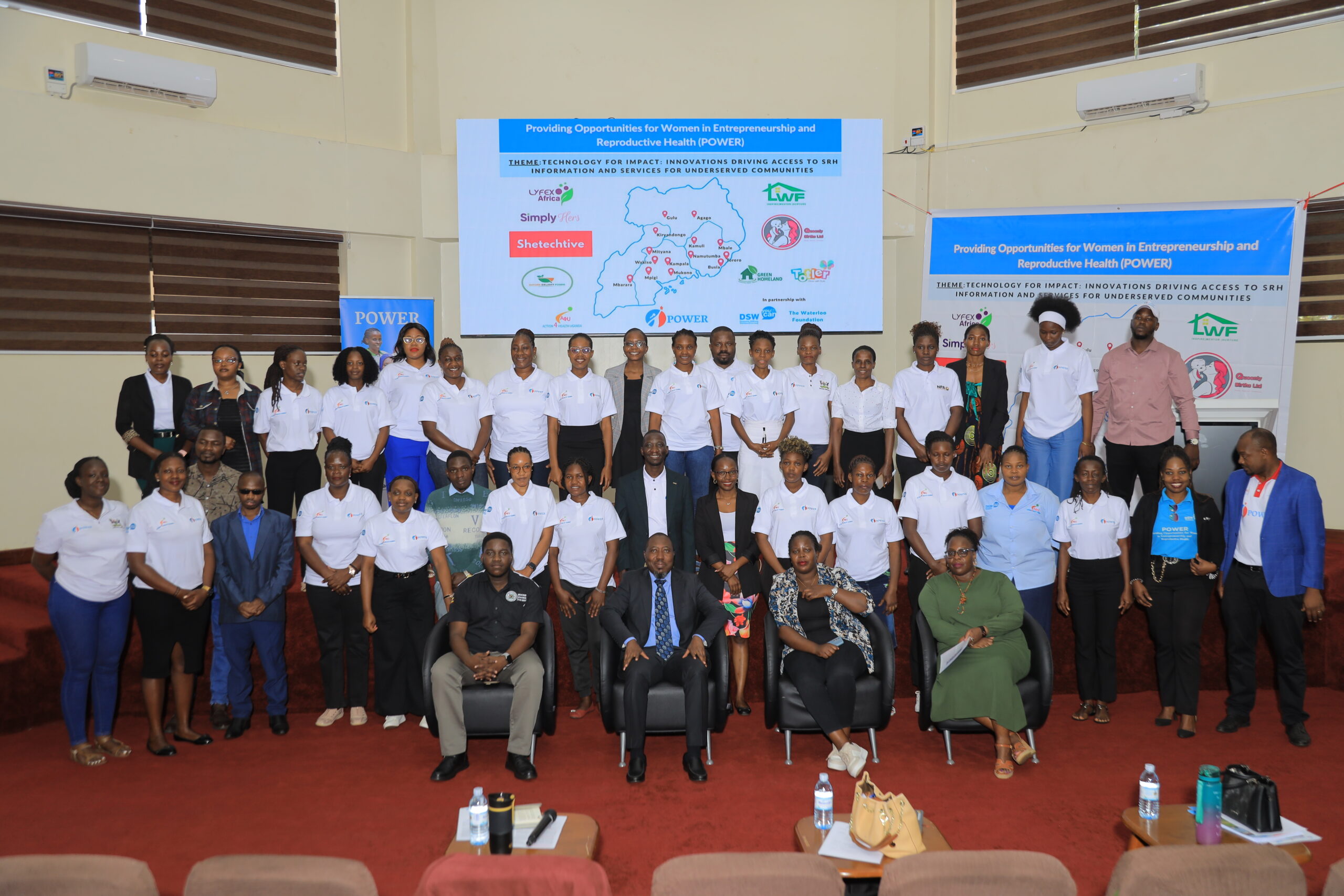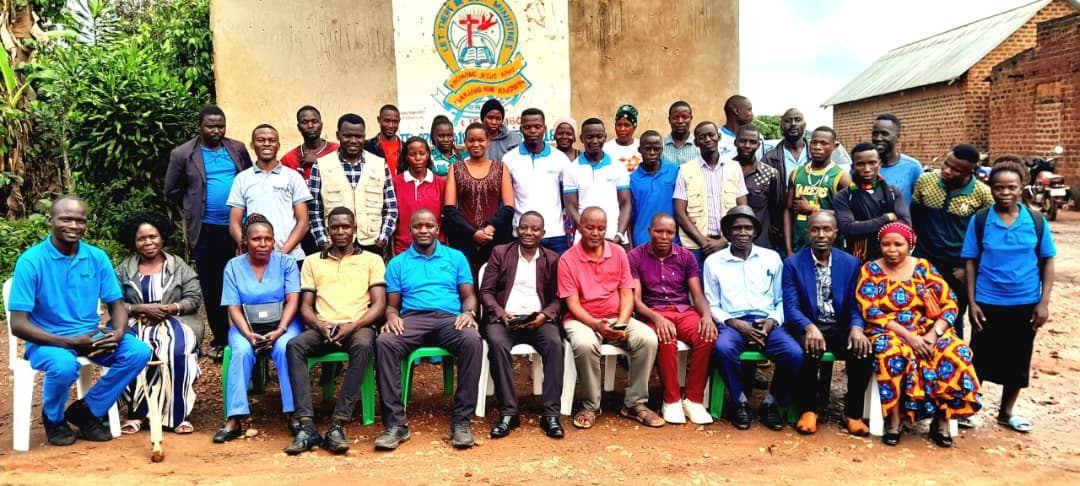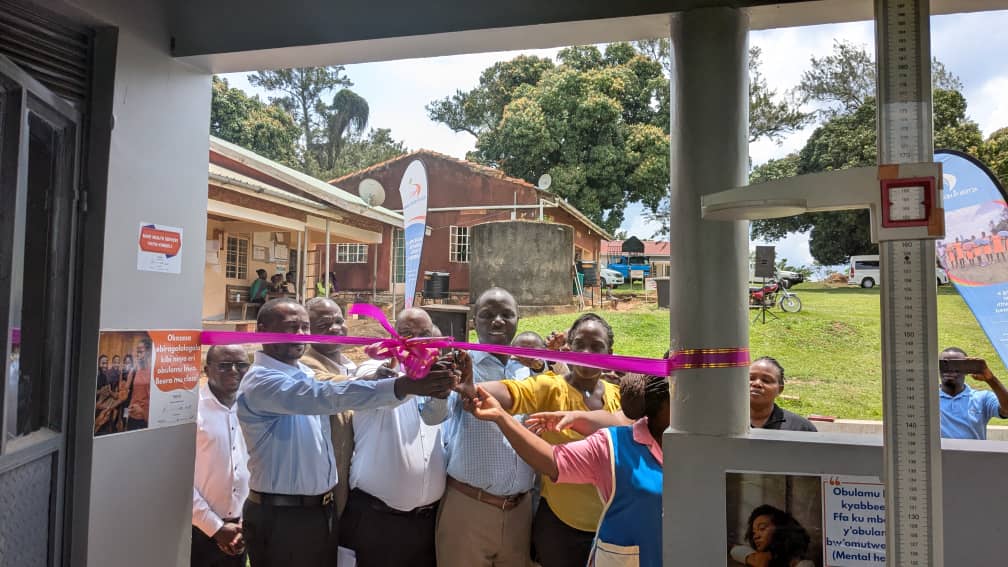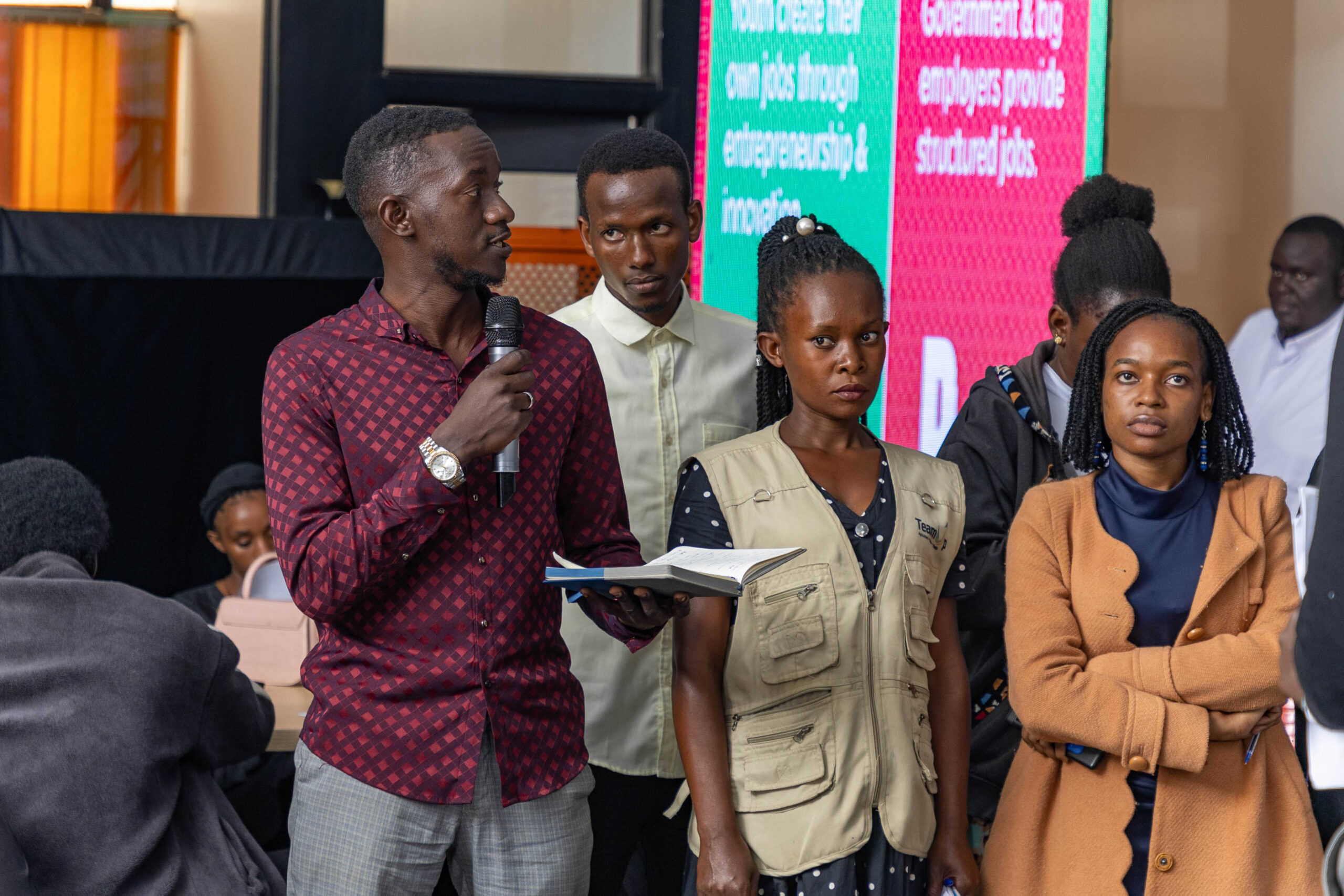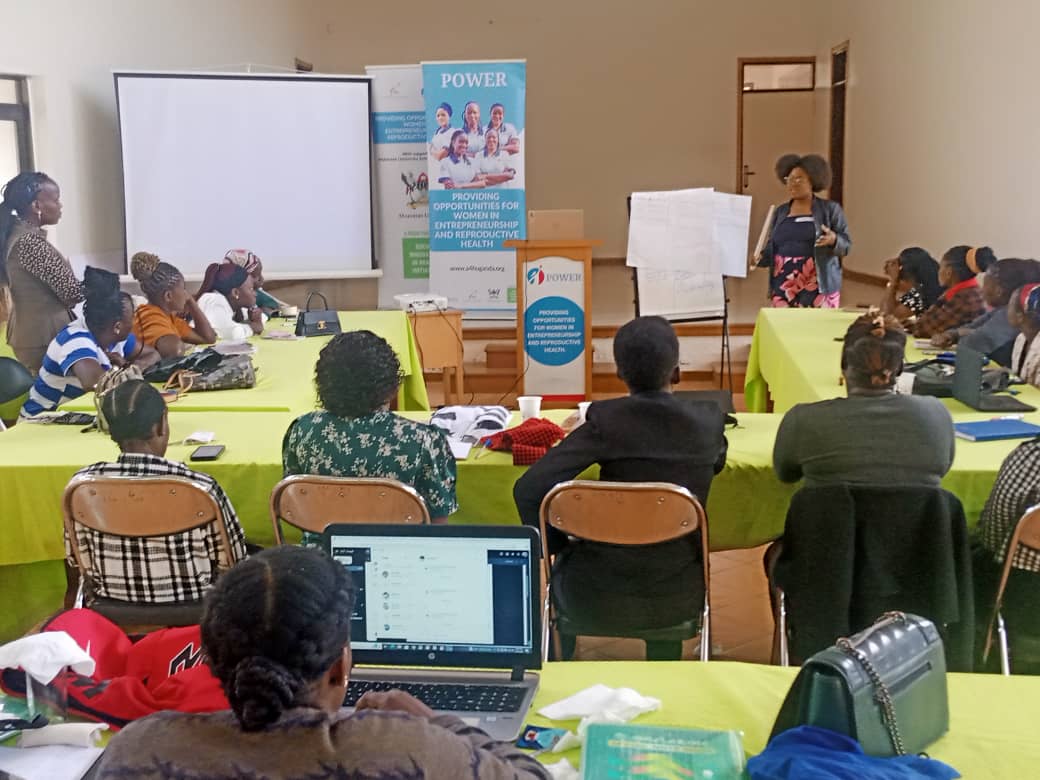Kwatampola Primary School is a rural government-aided school located in Kamuli Subcounty, Kassanda District, serving a vibrant population of 321 pupils (173 girls and 148 boys). Despite its remote setting, the school serves as a beacon of hope for many families in the area, offering a foundational education. With limited resources but strong community support, Kwatampola Primary School continues to strive for improved learning outcomes, particularly for girls who face additional challenges related to access, safety, and menstrual hygiene. Schools have increasingly become a focal point for innovative programs aimed at improving child well-being and promoting inclusive, gender-sensitive education.
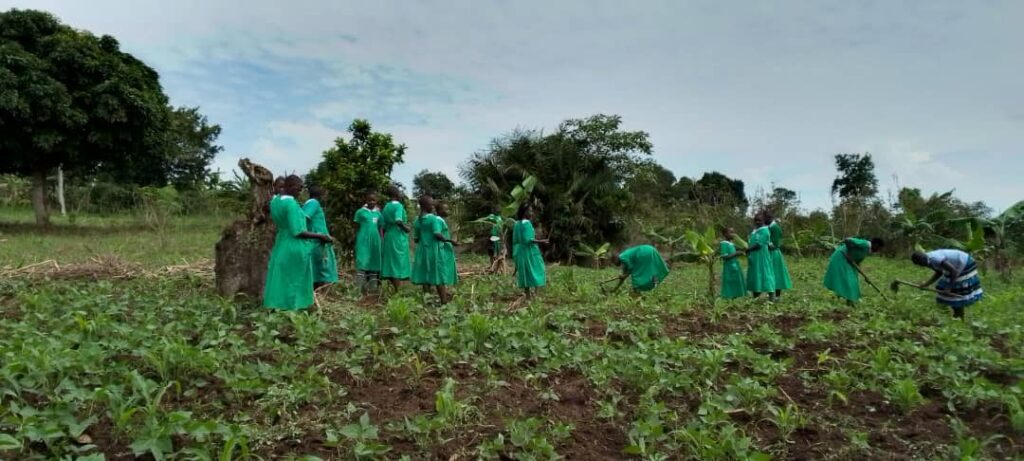
At Kwatampola Primary School in Uganda, a simple act of innovation became a powerful movement for dignity, resilience, and menstrual justice. With support from the Team-Up Uganda menstrual hygiene initiative, learners and their dedicated teacher turned a pressing challenge into an inspiring solution that continues to blossom, both in spirit and impact.
During a Team-Up Menstrual Hygiene Management club meeting, a concern was voiced that many girls were often caught unprepared and menstruated unexpectedly. Mr. Jjemba Abubaker, the teacher patron of the club, explained: “In one of our meetings, we discovered that some girls didn’t have sanitary pads, especially when their cycle changed suddenly. Parents try, but due to financial challenges, it’s not always possible to provide the materials needed every month”.
Rather than dwell on the problem, the learners resolved to be part of the solution. They brainstormed actionable ideas that could both raise funds and empower them with life skills. A school garden planted, nurtured, and harvested by the learners themselves emerged as a solution.
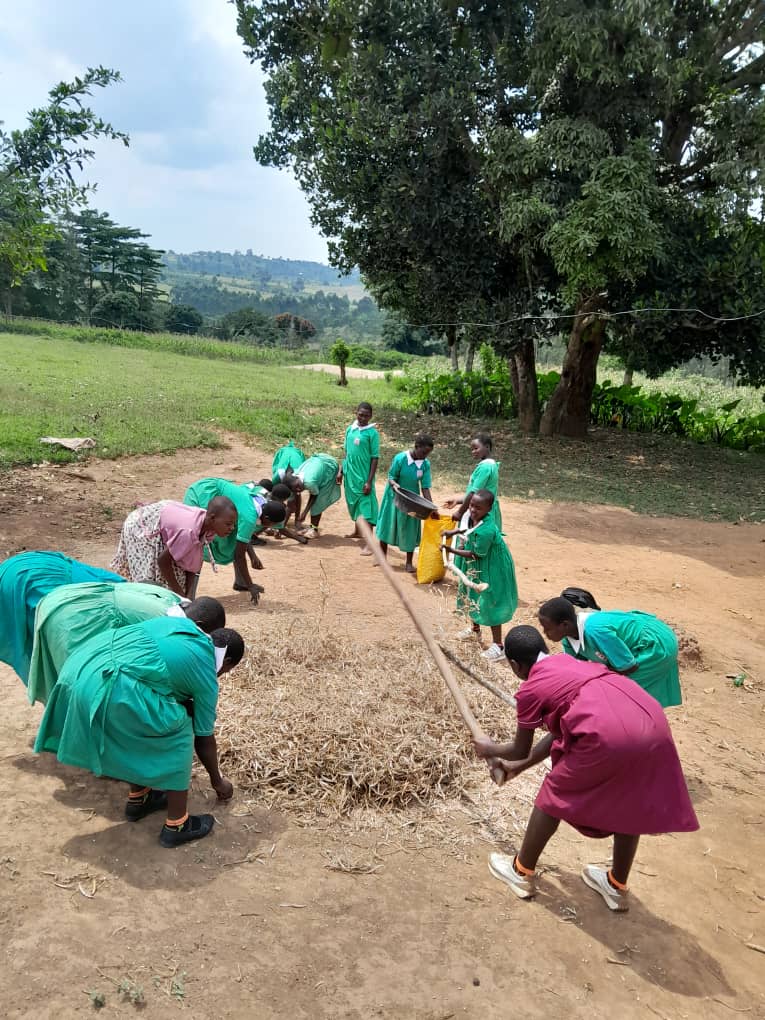
“We asked the school administration to give us a piece of land. Our idea was to plant fast-growing beans, sell them after harvest, and use the money to buy sanitary pads,” said Sumaya, a 13-year-old girl and an enthusiastic club member. With approval granted, the learners began planting beans, digging, watering, and weeding with commitment and purpose. They saw each bean not just as a crop, but as a step toward ensuring that no girl in their school would suffer silently during her menstrual cycle.
“God is so good,” Mr. Jjemba reflected. “Although the harvest wasn’t huge, it was meaningful. Half a loaf is better than no bread.”
The harvest generated enough income to purchase disposable sanitary pads for girls in the school. The school now has disposable sanitary pads safely stored on-site and made available discreetly to any girl who needs them in an urgent situation. “We didn’t just grow beans,” one learner proudly shared. “We grew courage. We grew confidence. We grew kindness.
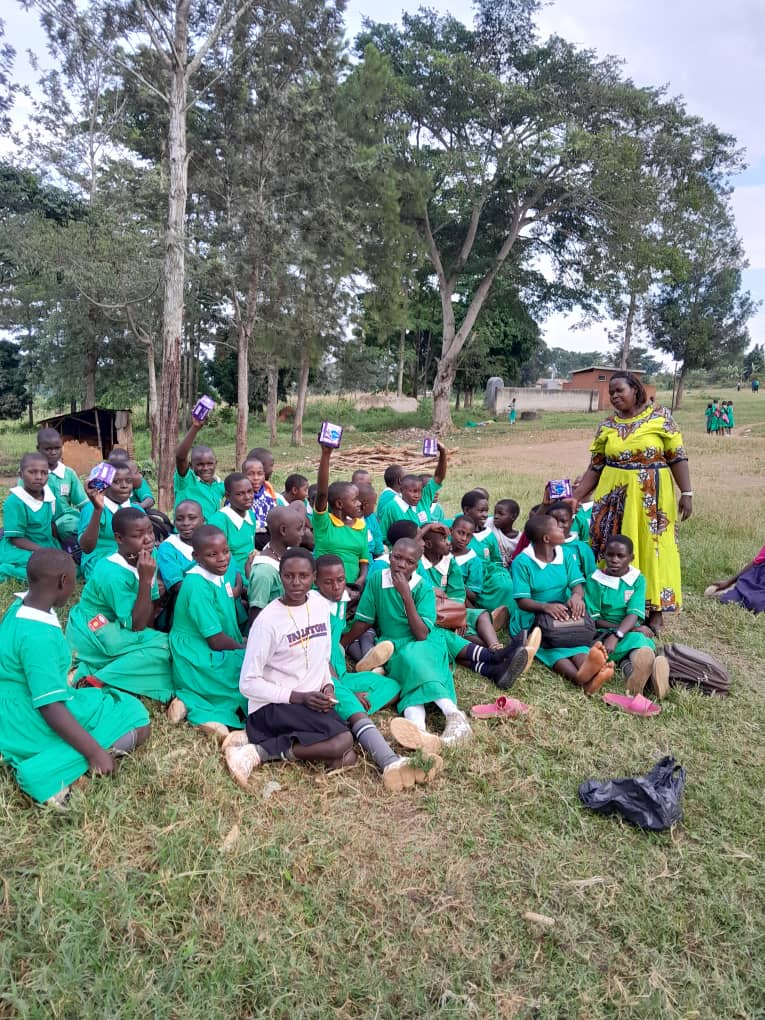
This initiative yielded far more than sanitary products. It cultivated a garden of life lessons and social transformation, broke the silence and stigma surrounding menstruation, empowered girls with safe and dignified menstrual hygiene options, engaged boys as allies in supporting gender equality, and built skills in agriculture, teamwork, and leadership necessary for self-reliance and sustainable menstrual hygiene management practices in schools.
Kwatampola’s story is a reminder that impactful change doesn’t always require vast resources. Sometimes, it begins with a conversation, a handful of seeds, and a collective will to protect every child’s right to education and well-being. This is not just a menstrual hygiene story, it’s a story of hope, humanity, and grassroots innovation. When we invest in young people and trust their ideas, they show us that even small actions can grow into sustainable change.


